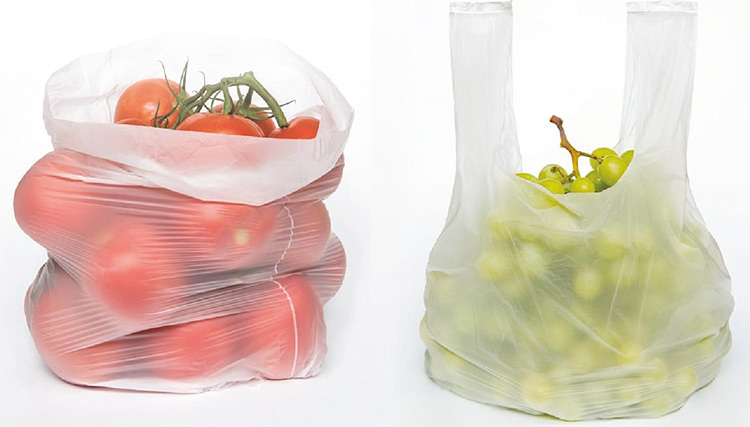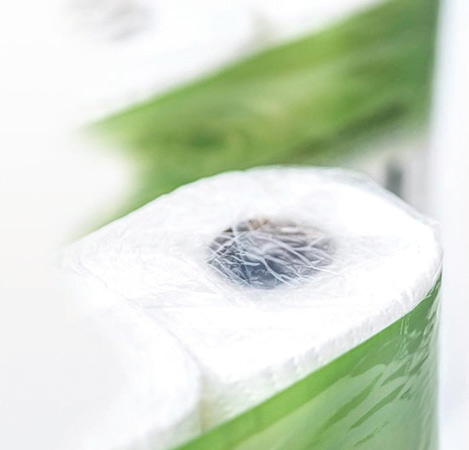Sustainable bioplastic
With over 200 patents filed, Biotec has been present in Italy for 12 years but, at the Emmerich plant (Germany), since 1992 it has been producing biodegradable compounds based on non-GMO potato starch intended for flexible and rigid applications (waste/shopping bags , pharmaceutical capsules, blisters for the food industry, packaging for cosmetics...).

Bioplast300: OK Compost HOME; >30% biobased; plasticizer-free, GMO-free. Bioplast400: OK Compost HOME; >40% biobased; plasticizer-free, GMO-free.
At present, as regards in particular the development, production and distribution of compostable packaging and shoppers, Italy is the most dynamic and promising European market; and this in the light of the regulatory measures that, starting from January 2018, have imposed ithe obligation to use compostable and ultra light fruit and vegetable bags, with a bio-based footprint of 40% and thickness of less than 15 microns (law n. 123, of 03.08.2017).
Whether the bags are opaque or ultra-transparent, products made from Bioplast Biotec compounds have excellent mechanical and optical properties, as well as being totally free from unpleasant odours. The compounds are also easily workable on any type of extrusion plant, thus ensuring maximum functionality to users.
These qualitative advantages are the result of the constant commitment to research and development implemented by the company, which uses a sustainable raw material and excellent properties: potato starch, perfectly odorless and colorless, from non GMO European crops not intended for human consumption.
From 6 to 9 November, the experience and the Biotec solutions will be on show at Ecomondo (Pav. D03 - Lane 128).

Bioplast105 : 67% biobased; injection moulding; suitable for food packaging.
COMPOSTABLE IS BETTER. In Italy, the legislative efforts implmented to spread the use of compostable bags have already produced positive results. First of all, the possibility of reusing them for the collection of domestic wet waste has encouraged good consumer recycling practices in a concrete way. Secondly, the regulatory framework contributes to the productive and employment growth of an industrial sector, thus safeguarding the market which, in the absence of rules, would have seen the monopoly of bags and pouches of fossil origin.
The level of violation of the law in Italy, however, is still high: almost 50% of carrier bags are still non-compostable and are re-used inappropriately to collect domestic bio waste. There is, therefore, still a lot of work to be done: if on the one hand more checks are needed, an equally significant contribution must come from the operators, called to carry out more correct behaviour in compliance with the law, as well as by the citizens themselves.

















